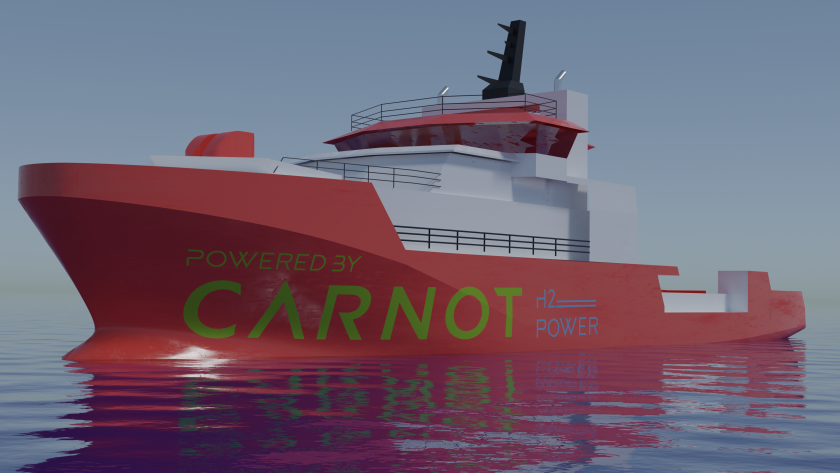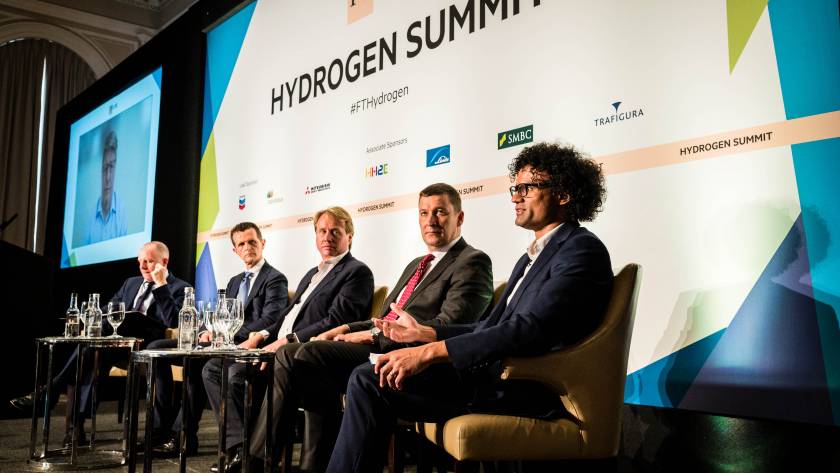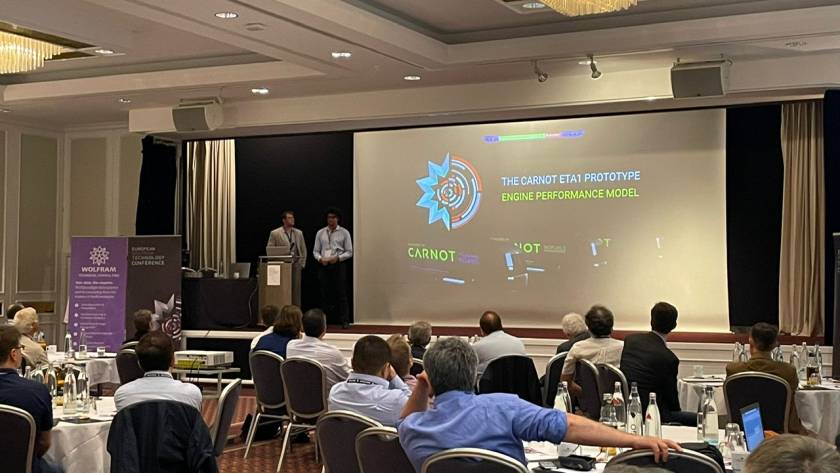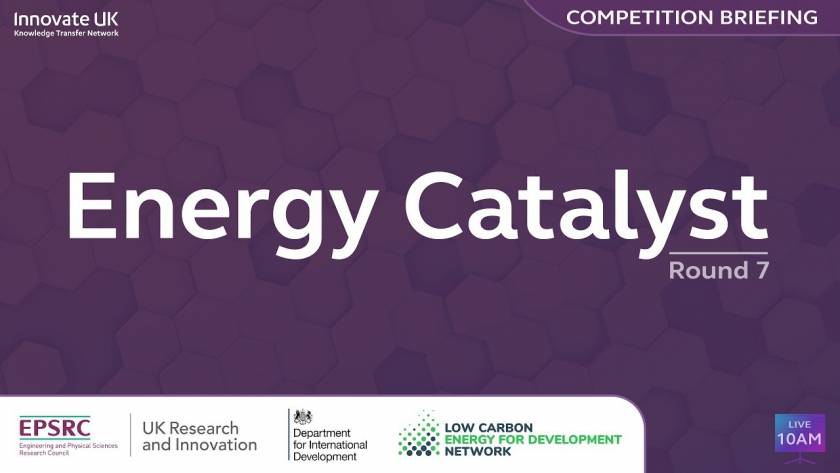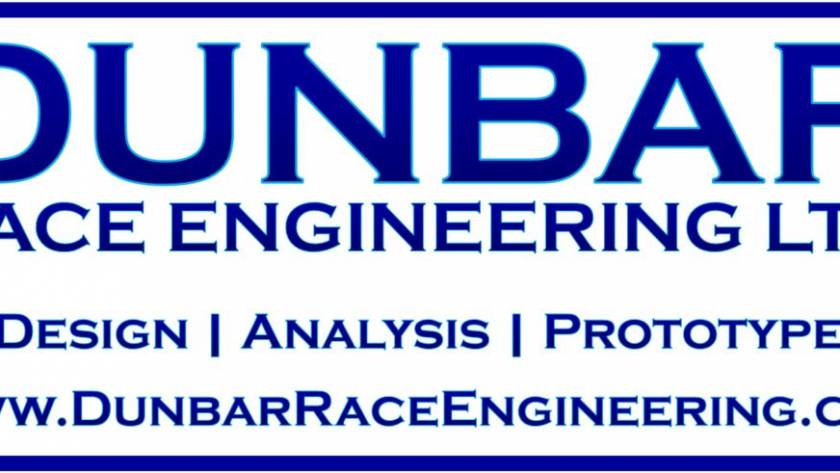Zero emission auxiliary engine
As society becomes increasingly aware of our environmental footprint, global industries are coming under unprecedented pressures to chart a course to a sustainable future. Shipping, the backbone of the global economy, delivers over 90% of global trade or 11 billion tons of goods annually and does so at incredibly low cost…
Archie was recently invited by the Financial Times to speak at their recently Hydrogen Summit. This was a gathering of global leaders involved in the Hydrogen space, discussing everything from hydrogen production, transportation, suitable use cases and the potential impact it could have on decarbonising global activities.
Archie was invited to offer his expertise on…
One of the key reasons for the rapid pace of Carnot's engine development has been our unique approach to development. In order to increase both the quality and speed of innovation, we deploy a wide range of modelling and simulation analysis.
In order to guarantee the highest quality results, we go all the way back to…
We were invited to pitch at the London Tech Week Founders Forum as one of the most exciting UK start-ups currently fundraising. It was a great opportunity to present our technology, meet other start-ups and meet investors during the pitching event.
See Francis Lempp, our Co-Founders, pitching at London Tech Week below:
CARNOT are delighted to have been selected in the top 10 most exciting cleantech start-ups at the Energy Tech Challengers 2022.
The Energy Tech Challengers identifies the most exciting start-ups across a few core segments including Hydrogen, E-Mobility, Carbon Removal, Digitalization, Battery, AI and the Future Grid. Thanks to the Energy Tech Summit panel…
Carnot are delighted to be supporting Motivez, a community driven organisation championing the next generation of under represented STEM leaders and change makers.
Nadiur Rahman, Co-Founder of Carnot recently visited students to discuss his experiences and the opportunities within STEM Careers.
Nadiur Rahman visiting Motivez program
As Nadiur says:
"Honoured to be invited to talk about my experiences as…
In his recent book, ‘How to avoid a climate disaster’, Bill Gates focuses on electricity as the first major priority to consider in his manifesto for how to tackle the climate emergency. The reliable and low-cost supply of electricity has countless benefits across the economic and social spectrum. Gates also highlights that of the 860…
Introducing Ian Cooke – the newest addition to the team!
Ian has over 12 years of experience working on cutting edge research, test and development projects for world-championship winning Formula One teams during his time at Mercedes AMG High Performance Powertrains, high-profile tech companies, tier one suppliers and automotive OEMs.
Ian will lead the Testing and Development as…
CARNOT are pleased pleased to announce our partnership with Dunbar Race Engineering as we aim to produce our proof-of-concept prototype in 2021. Lead by Duncan Dunbar a Mechanical Design Engineer with extensive experience in the Motorsport industry; having worked in Superbikes, MotoGP, Formula 1 and Historic racing. Formerly an Engineering Team Leader at Mercedes AMG HPP. Amongst other specialities,…
Carnot has decided to launch their first ever crowdfunding round, with Crowdcube to generate investment and help Carnot build on their amazing achievements so far.
What is crowdfunding?
Crowdfunding is a way for business to raise funds by asking a large number of people (the crowd) for relatively small amounts of money in exchange for shares…
Francis Lempp - Co-Founder
Carnot was co-founded by entrepreneurs Archie Watts-Farmer, Francis Lempp and Nadiur Rahman. Their aim is reduce global co2 emissions by 13% and bring clean, secure and affordable energy to all. To better understand Carnot and gain an insight into the companies’ motivations we carried out interviews with its co-founders, following this series we interviewed…
Tom Rhodes
Tom Rhodes – Senior Technical Adviser. A former Head of Design for Dearman, an innovative startup company creating a zero emission (at point of use) liquid nitrogen powered engine. Tom has spent his career focusing on component and assembly design from complex one off specialist testing equipment to high volume high performance automotive products.…




